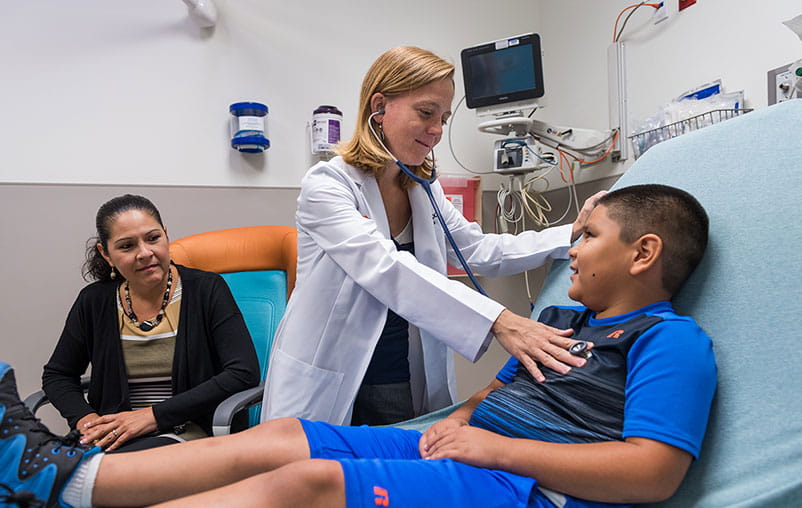Autism Acceptance Month
In the early 1970s, the Autism Society launched a nationwide effort to promote autism acceptance and to help those diagnosed with autism receive the best care and treatments available. Autism Acceptance Month occurs every April.
Autism Acceptance Month is designed to help others recognize the signs, symptoms and day-to-day struggles that are associated with autism. It also celebrates people with autism and encourages communities to become more aware of and promote acceptance of those who are on the spectrum.
If you’d like to become involved in the month-long campaign, donate money or learn more about autism, make sure to visit the Autism Acceptance Month website for more information.
What are some signs and symptoms of Autism Spectrum Disorder?
Autism is a neurodevelopmental disorder that can range from mild to severe. Males are four times more likely than females to have autism. Most children show signs of autism around 2 years old.
Some early signs of autism in children include:
- Being overly aggressive
- Delayed or no speech
- Emotional outbursts or meltdowns
- Extreme anxiety or fears
- Getting upset by changes in their routine
- Having few social skills
- Having obsessive interests
- Lining up toys or objects
- Preferring to be alone
- Repeating words or phrases
- Spinning in circles, rocking their bodies or doing other repetitive movements consistently
- Trouble making eye contact with others
- Unusual sleeping or eating habits
Diagnosis and treatments for Autism Spectrum Disorder
If your child exhibits any of the above signs of autism, make sure to discuss them with his/her pediatrician. Your child’s doctor will look for any signs of developmental delays during their well child visits. If your child’s doctor suspects that your child may have autism, they may refer you to a specialist who treats autism spectrum disorder in children. These specialists include psychologists, psychiatrists, neurologists or developmental pediatricians.
There is no cure for autism spectrum disorder. However, there are certain treatments that can help. Some of these treatment options include:
- Occupational, speech and physical therapies: Occupational therapy can help teach and improve activities needed for daily living, while physical therapy can help improve movement and balance. Speech therapy can help your child develop communication skills.
- Behavior therapies: There are several programs designed to help social, language and behavioral difficulties associated with autism spectrum disorder. One program is Applied Behavior Analysis which can help those with autism learn and apply new skills.
- Family therapies: Some therapies can teach families how to interact and communicate with family members who have autism spectrum disorder.
While these therapies may be helpful, it’s important to remember that there is no one-size-fits all treatment for those with autism. It’s always good to check with your doctor or specialist about treatment options and to make sure that the right medical attention is given to someone who has been diagnosed with autism.




